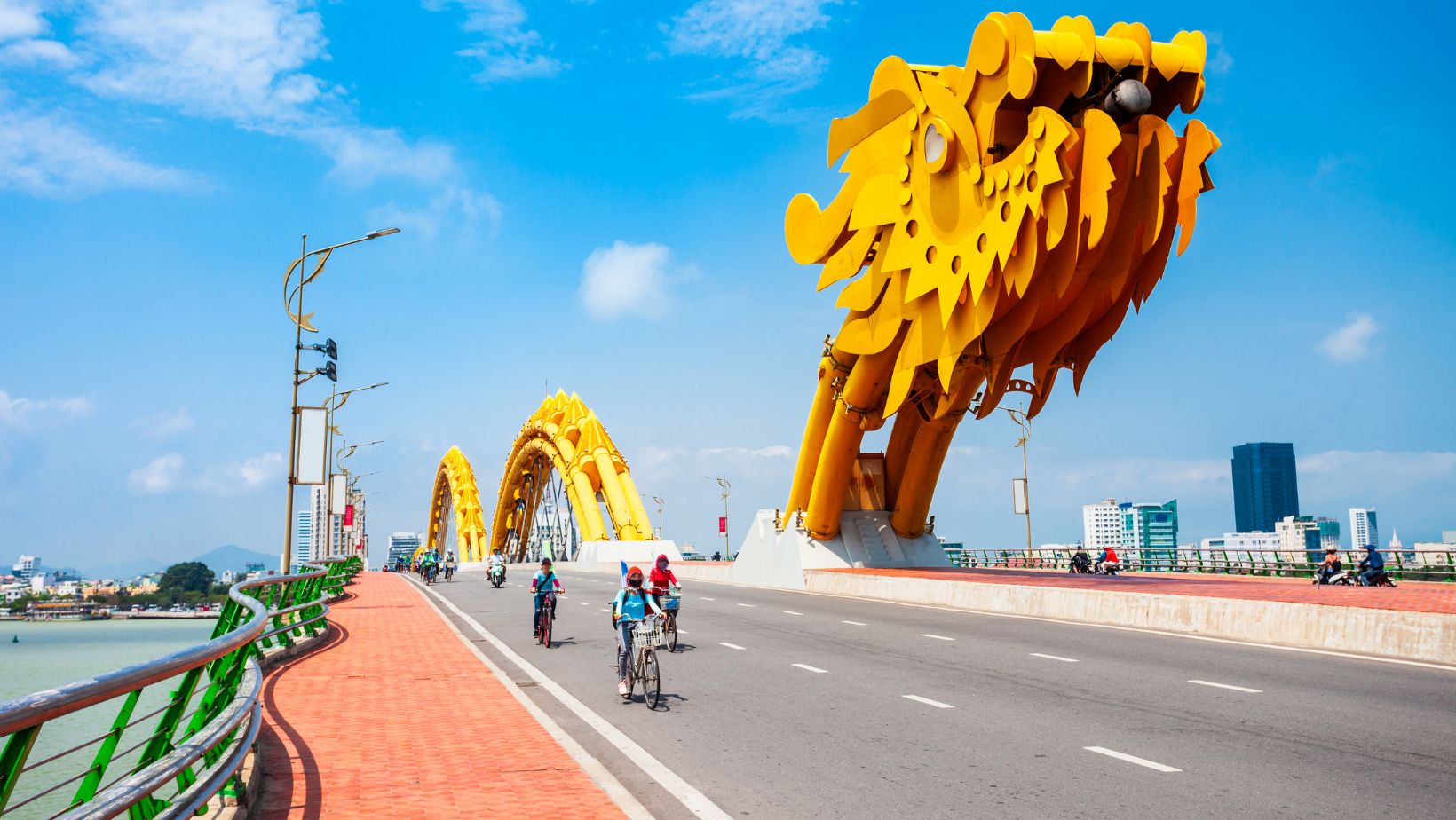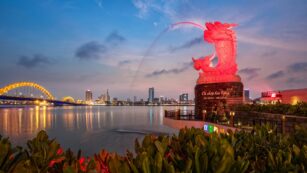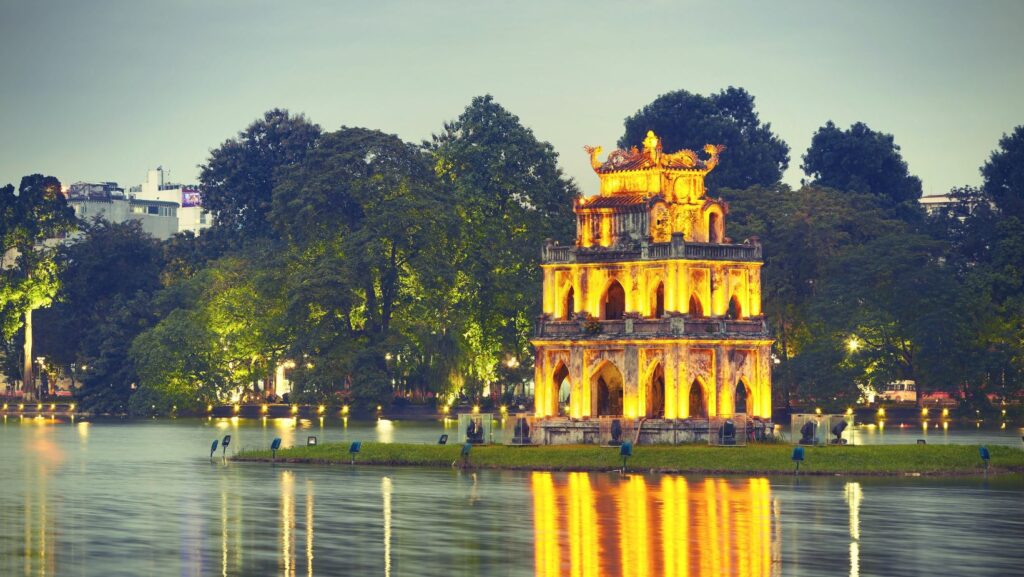
Traveling to a new country brings a mix of excitement and uncertainty, and for Americans considering Vietnam as their next destination, safety is often a top concern. Vietnam, with its lush landscapes and bustling cities, has seen a surge in tourism over recent years. This Southeast Asian nation is known for its rich history, vibrant culture, and the warm hospitality of its people, making it a compelling destination for travelers from around the globe.
Is Vietnam Safe for Americans
Vietnam, a popular travel destination for Americans, presents various safety considerations. Understanding these factors is crucial for travelers to ensure a pleasant and secure visit.
General Safety Statistics
 Vietnam ranks well in global safety indices, reflecting its relatively low crime rates. According to the 2022 Global Peace Index, Vietnam is positioned favorably, showcasing its status as a safe destination. The crime index by Numbeo also indicates low crime rates, especially violent crime, which is significantly lower compared to regional counterparts. Petty thefts, such as pickpocketing, are the most common concerns in busy urban areas like Ho Chi Minh City and Hanoi. Travelers are advised to remain vigilant in crowded places and to secure their belongings.
Vietnam ranks well in global safety indices, reflecting its relatively low crime rates. According to the 2022 Global Peace Index, Vietnam is positioned favorably, showcasing its status as a safe destination. The crime index by Numbeo also indicates low crime rates, especially violent crime, which is significantly lower compared to regional counterparts. Petty thefts, such as pickpocketing, are the most common concerns in busy urban areas like Ho Chi Minh City and Hanoi. Travelers are advised to remain vigilant in crowded places and to secure their belongings.
Public Perception of Safety for Foreigners
Foreign visitors generally feel safe in Vietnam. The local population is known for being hospitable and friendly towards tourists, which enhances the safety perception. Surveys conducted among expatriates and tourists reveal a high level of satisfaction regarding personal security. Instances of discrimination or hostility towards American visitors are rare, and most encounters with locals are positive and welcoming. However, as in any country, it’s advisable for travelers to respect local customs and practices to avoid misunderstandings and ensure a harmonious experience.
Common Safety Concerns for Americans in Vietnam
Scams and Tourist Targeting
 Travelers should remain cautious of scams, a prevalent issue, particularly in tourist-heavy areas. Classic scams include the notorious “motorbike rental scam,” where locals offer motorbikes for rent and later claim significant damages upon return, demanding high compensation. Another common scheme involves taxi drivers who overcharge tourists or take longer routes to increase the fare. It’s advisable for visitors to use reputable taxi companies or ride-sharing apps for a safer and transparent fare system.
Travelers should remain cautious of scams, a prevalent issue, particularly in tourist-heavy areas. Classic scams include the notorious “motorbike rental scam,” where locals offer motorbikes for rent and later claim significant damages upon return, demanding high compensation. Another common scheme involves taxi drivers who overcharge tourists or take longer routes to increase the fare. It’s advisable for visitors to use reputable taxi companies or ride-sharing apps for a safer and transparent fare system.
Traffic and Transportation Hazards
Navigating Vietnam’s chaotic traffic can be daunting for Americans. The country experiences a high rate of road accidents, attributed mainly to non-compliance with traffic laws and the overwhelming number of motorbikes. Pedestrians should exercise extreme caution while crossing streets, and travelers are encouraged to avoid driving motorbikes if inexperienced. Utilizing organized tours for intercity travels or relying on respected public transportation options reduces the risk of road accidents.
Food and Health Safety
Food safety in Vietnam poses concerns due to differing hygiene standards. Street food, while part of the cultural experience, can lead to foodborne illnesses if not chosen carefully. Travelers should opt for vendors that attract a large local crowd, indicating fresh and well-cooked food. Additionally, drinking bottled water instead of tap water is crucial to avoid health issues. Carrying hand sanitizer and observing restaurant cleanliness can further prevent possible health hazards during the trip.
Safe Places for Americans to Visit in Vietnam
Hanoi
 The capital city, Hanoi, merges modernity with rich history, presenting a safe environment for tourists. Key attractions include the Old Quarter, Hoan Kiem Lake, and the Ho Chi Minh Mausoleum. The city’s vigilant police presence and community watch help ensure the safety of visitors.
The capital city, Hanoi, merges modernity with rich history, presenting a safe environment for tourists. Key attractions include the Old Quarter, Hoan Kiem Lake, and the Ho Chi Minh Mausoleum. The city’s vigilant police presence and community watch help ensure the safety of visitors.
Northeast of Hanoi lies Halong Bay, known for its emerald waters and limestone islands topped with rainforests. Tourists can safely explore the area via cruise ships or guided tours, which adhere to strict safety regulations.
Hue
Once the imperial capital, Hue is now famed for its historic monuments and architecture, such as the Hue Imperial Citadel and Thien Mu Pagoda. The city is quieter compared to Vietnam’s larger cities, offering a more relaxed atmosphere, and the local authorities maintain a strong focus on tourist safety.
Hoi An
Hoi An is renowned for its well-preserved Ancient Town, reflecting a mix of indigenous and foreign influences. The town’s compact size makes it easy to explore on foot, reducing risks associated with traffic. Local police and community initiatives frequently monitor tourist areas, thus minimizing issues related to crime or scams.


